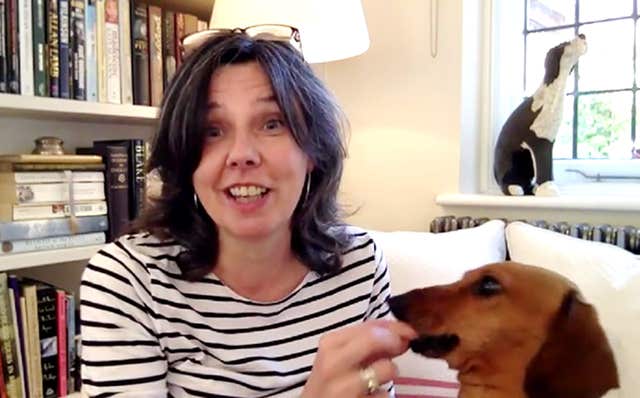He will now serve at least 35 years behind bars for killing his wife and later his fiancee.
29 July 2022
A double killer who murdered his wife six years before he went on to kill his fiancee has successfully appealed against his whole-life order.
Ian Stewart killed 51-year-old children’s author Helen Bailey in 2016 and was found guilty of her murder in 2017.
After this conviction, police investigated the 2010 death of Stewart’s wife Diane, 47, and in February he was found guilty of her murder.
Stewart was sentenced to a whole-life order at St Albans Crown Court.
Amjad Malik QC, for Stewart, had argued the whole-life order he was given for the murder of his wife was not justified in the circumstances of the case.
In a Court of Appeal ruling on Friday, the Lord Chief Justice Lord Burnett and four other judges said Stewart was “not one of the rare cases” where a whole-life order should be imposed, reducing his sentence to life with a 35-year minimum term.


In a judgment, they said: “Grave though the first murder was, it could not – viewed in isolation from the later second murder – be regarded as an offence of exceptionally high seriousness.
“There is no suggestion that at the time when he committed the first murder, Stewart was already planning that it would be the first in a series.
“We conclude that the judge, although not entitled to treat the first murder as an offence of exceptionally high seriousness, was entitled to adjust what would otherwise be the appropriate minimum term order to achieve just punishment for the first murder and to ensure that the overall sentence was proportionate to Stewart’s offending as a whole.
“We quash the whole life order imposed below, and substitute for it a sentence of life imprisonment with a minimum term order of 35 years.”
After killing Ms Bailey, Stewart dumped her body in the cesspit of the £1.5 million home they shared in Royston, Hertfordshire.
Several years before, Mrs Stewart’s cause of death was recorded at the time as Sudden Unexplained Death in Epilepsy (SUDEP).
Stewart had claimed in court, as his two sons listened to his evidence, that he had returned from the supermarket to the family home in Bassingbourn, Cambridgeshire, and found his wife collapsed in the garden.


He said he thought she had suffered an epileptic fit.
Mrs Stewart had not had an epileptic fit for 18 years and took daily medication, jurors were told, with consultant neurologist Dr Christopher Derry estimating her risk of having a fatal epileptic seizure was about one in 100,000.
During a 999 call, Stewart was instructed to perform CPR on his wife and said he was doing so, but paramedic Spencer North, who attended the scene, said there “didn’t seem to be any effective CPR”.
Mrs Stewart’s death was not treated as suspicious at the time. Although a post-mortem examination was carried out, it was not a forensic post-mortem.
As part of the police investigation, following Stewart’s 2017 murder conviction, consultant neuropathologist Professor Safa Al-Sarraj was asked to examine preserved parts of Mrs Stewart’s brain, which had been donated to medical science.
Prof Al-Sarraj said there was evidence that Mrs Stewart’s brain had suffered a lack of oxygen prior to her death, and he estimated this happened over a period of 35 minutes to an hour.
Prosecutor Stuart Trimmer QC said her death was “most likely caused by a prolonged restriction to her breathing from an outside source”, such as smothering or a neck hold.



